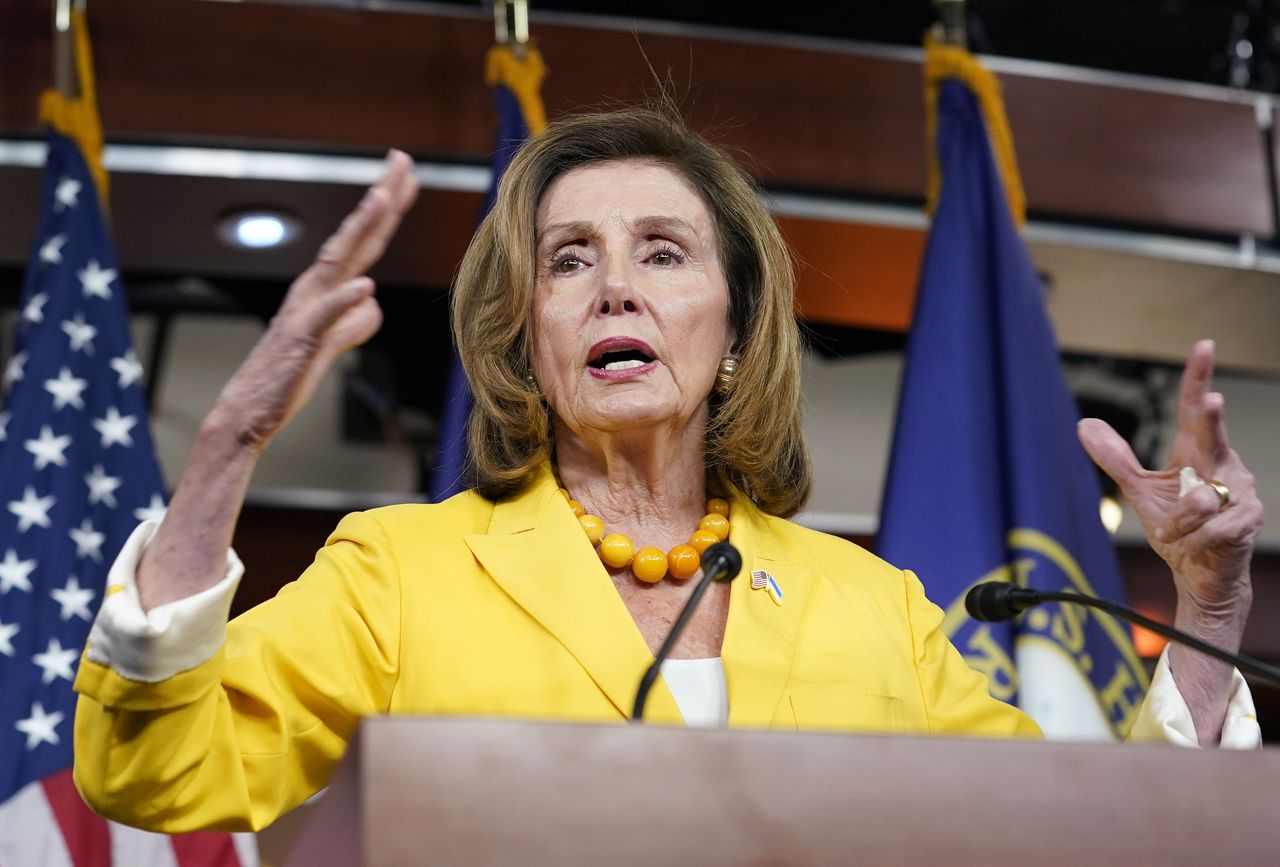If you’re going to condemn political violence, then be genuine about it
“Where is Nancy? Where are you, Nancy?”
The shouts from the man who broke into the home of Speaker Nancy Pelosi heralded his intention to hurt or even kill her. She wasn’t home, however, and so the attacker instead assaulted and seriously injured Pelosi’s 82-year-old husband, Paul.
Violent assaults in the name of politics are nothing new. In fact, they’re an old story. From the days of the Old Testament to Caesar’s stabbing in the Roman senate, through Teddy Roosevelt’s being shot in the chest (and surviving) and beyond, politicians have been attacked, shot, stabbed and strangled. Assailants have ranged from Arthur Bremer, who shot George Wallace, to dedicated anarchist Gavrilo Princip, who assassinated Archduke Franz Ferdinand of Austria in 1914 and launched World War I.
So there’s nothing new about killing or trying to kill leaders. It has happened before, and it will no doubt happen again.
What’s significant about this attack, besides the fact that its target was the speaker of the U.S. House of Representatives, is some people’s reaction to it. Frankly, there are more than a few Americans who aren’t a bit sorry that it happened, although they may regret that Paul Pelosi was harmed instead of his wife.
They’re the same kind of people who are so shortsighted that they can’t see that not immediately condemning political violence condones it. Acts like this are made permissible by politicians like Virginia Gov. Glenn Youngkin, who said on the day after the attack that “There’s no room for violence anywhere.” But he couldn’t resist slyly adding in the next breath, “We’re going to send her (Nancy Pelosi) back to be with him in California.”
With Paul Pelosi lying in a California hospital, where he was being treated for a skull fracture and injuries to his hands and right arm, that was a shameful and deliberately provocative statement.
To water down a condemnation with a political bon mot takes the emphasis away from what should be a complete and unified rejection of violent attacks on the democratic system.
Oligarchs who criticize Vladimir Putin tend to die in suspicious “accidents” that shut them up. When Julius Caesar became a little too popular, the appointed senators of Rome attempted to extinguish that threat to their power at the point of a dagger. (That most famous of all political assassinations solved nothing and plunged Rome into civil war.)
Those killed by political violence in any nation that aspires to democracy speak to us from beyond the grave. Their deaths, they would say, are public tragedies because the condonation of the violence that killed them dismantles our democratic system.
Some of that condonation is symbolic and general. In my state, a “Don’t Tread on Me” license tag tells everyone who sees the rear end of your vehicle that you’re an uber conservative. But does a person with that co-opted symbol of the American Revolution promote political murder?
I’m sure that he or she would say no. However, would his or her answer also contain a damning “but”? As in, “I don’t agree with cracking an old man in the head with a hammer after breaking into his house with the intention of killing his wife, but …”?
But what? We can’t allow, condone, wink at or otherwise excuse political violence. We can’t say that the prosecutions of those who visit that violence on our political system are mere “politics.”
Political violence is a genuine threat to our system of law and democracy. Those who support or apologize for it are so thoughtless that they cannot grasp the simple truth and horror of that kind of world.
Perpetrators of political violence may shout “Where’s Nancy?” today, but if allowed to continue, they could be shouting your name tomorrow, or mine.
Frances Coleman is a former editorial page editor of the Mobile Press-Register. Email her at [email protected] and “like” her on Facebook at www.facebook.com/prfrances.
